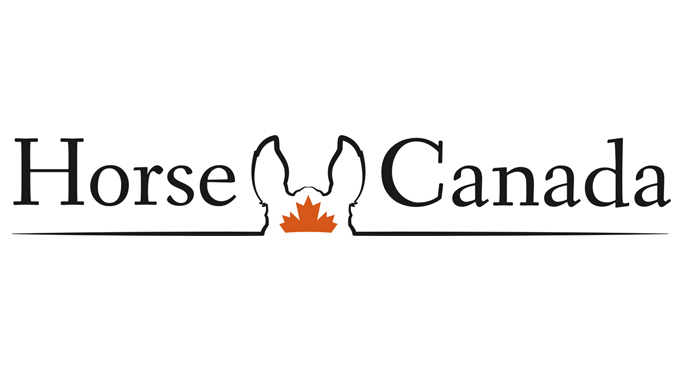Happy New Year and welcome to 2015. With a new year comes a new blog topic.
Late in 2014, I was given a lovely horse, “U” and he will be the topic for the most part for the blog for …

Happy New Year and welcome to 2015. With a new year comes a new blog topic.
Late in 2014, I was given a lovely horse, “U” and he will be the topic for the most part for the blog for …

I’d like to take a moment to wish everyone a Merry Christmas and a positive New Year.
I also wanted to thank Horse Canada for publishing my articles. I will only be doing the blog this coming year, so those …

Clicker training for many is something they slip on easily like a well fitting glove. For others it represents a real U-turn in their thinking. They have become comfortable with their current tool kit. Swinging a lead doesn’t feel forceful. …

So, the second key is staying true to clicker principles – no matter the challenge. It may seem easier to slip back into old training habits, but that wasn’t going to help this stallion. It might have gotten compliance – …

The second key revolves around Ken Ramirez’s definition of an advanced training technique. An advanced training technique is anything that requires experience to use well and which two or more trainers cannot agree on. I have always loved that definition. …

I always go back to this: I did some of my very best training when I knew the very least. At the time I was surrounded by people who knew how to muscle horses around. They …

In the November/December issue of Horse-Canada, in my article “Starting Them Young: Clicker Training Foals,” I mentioned two new games – Magic Hands and Touch the Goblins.
The goal of magic hands is to have the horse maintain a …

Begin at the Beginning.
No matter what the age of your horse one should always begin at the beginning of training because there will always be holes to fill in. Going back and revisiting basic lessons is always valuable.
In …

I have always said clicker training benefits the most from two groups. The first are the experienced horse trainers who bring their horse handling skills and knowledge into the community. We …

I wanted to share Alexandra Kurland’s reply to a recent question posted in the online course forum here, as it says so many things that people new to clicker training need to know, and there was no point in writing …

I always get a giggle when people new to clicker training ask ‘But when do I get to ride?’ Those of us who have been with Alex Kurland from the early days remember it was many clinics before we got …

I’m hoping you checked out my article “Resistance-free Bridling” in the September/October issue of Horse-Canada magazine, where I talk about teaching your horses to bridle himself. It utilizes the foundation lesson of targeting. If not, be sure to pick up …

In 1988 Robert Fulghum wrote his book: All I Really Need to Know I Learned in Kindergarten. So what do our clicker-trained horses learn in Kindergarten? Lots of fun things! Check out this video for some great examples.

This week I’m posting a video of things that a lot of people don’t often associate with clicker training. They are not the cute tricks that most people associate horses and clicker work with.
However, for those of you who …

When you live every day with clicker trained horses you often forget just how easy it makes all the day-to-day and emergency procedures that you may find yourself needing to do. So, I wanted to share a short video of …
